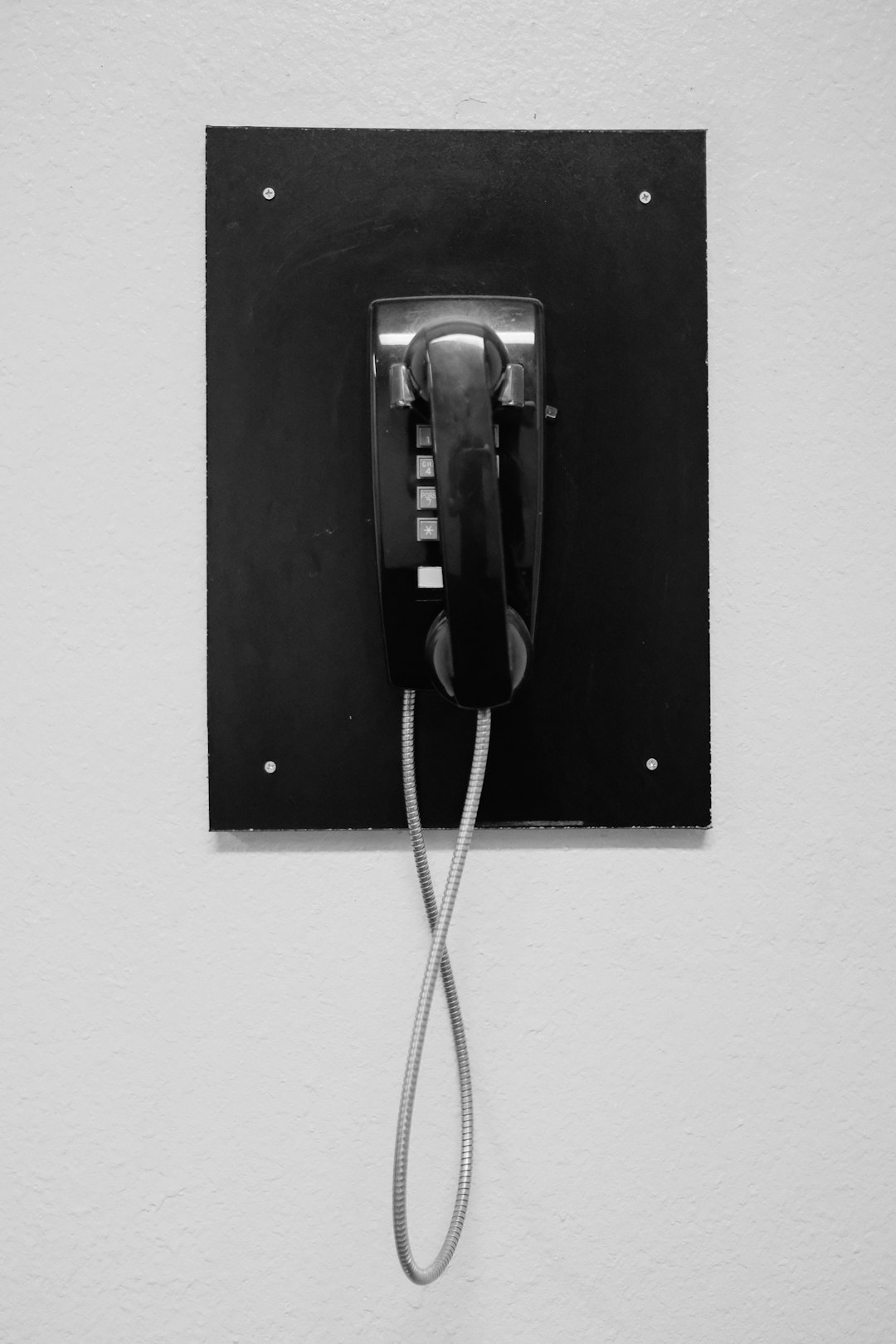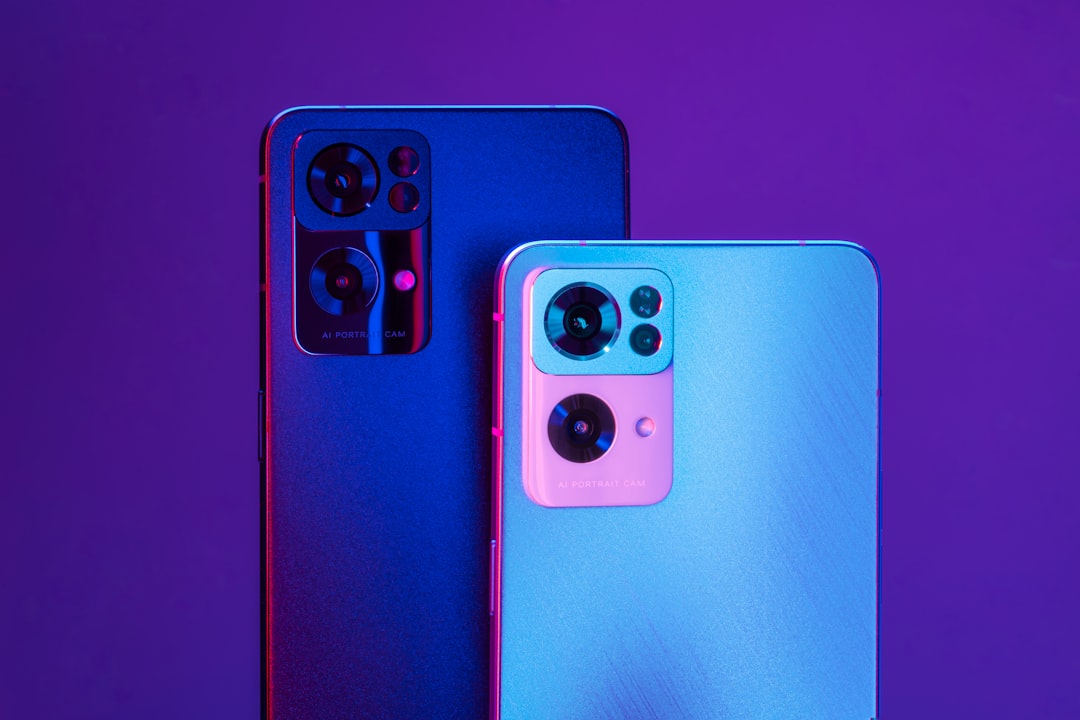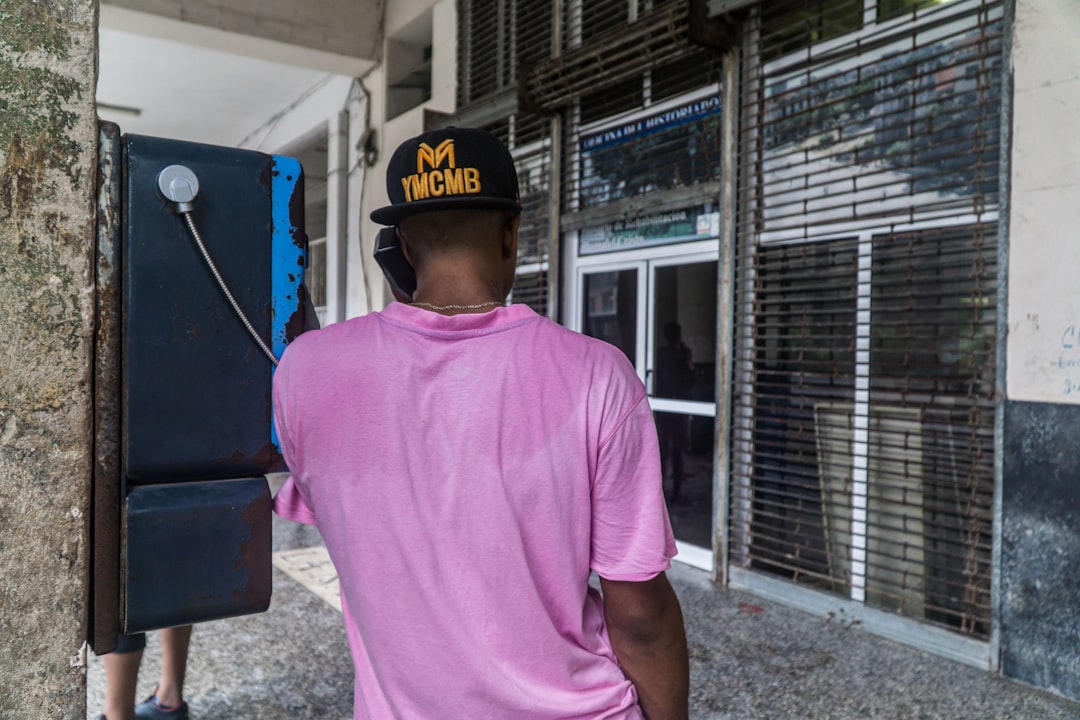Nevada's robocall laws, aligned with federal TCPA regulations, protect residents from unwanted automated calls. Nevadans can register on the state's Do Not Call list and use apps like CallHush, TrueCall, or NoMoRobo to block spam calls using AI. These measures empower residents, combat robocalls, and preserve communication privacy under strict Nevada regulations.
In Nevada, as across the nation, robocalls remain a persistent nuisance. However, residents now have powerful tools at their fingertips to fight back. This article explores Nevada’s robocall laws and how various apps are revolutionizing protection against unwanted spam calls. We delve into common blocking tools, the security they provide, and effective strategies to safeguard your peace of mind. Understanding your legal rights under Nevada’s robocall regulations is also crucial in this ongoing battle.
Understanding Robocall Laws in Nevada

In Nevada, like many other states, robocalls are regulated by specific laws designed to protect residents from unsolicited and harmful automated calls. These laws aim to give individuals more control over their phone lines and reduce the number of annoying or fraudulent robocalls they receive. Nevada’s regulations mirror federal rules established under the Telephone Consumer Protection Act (TCPA), ensuring a consistent level of protection across the country.
The TCPA prohibits automated telephone equipment from making calls to any telephone number assigned to a cellular telephone service unless the caller has obtained prior express consent from the person called. This includes robocalls promoting goods or services, as well as those with political or charitable purposes. Nevada residents have the right to register their phone numbers on the state’s Do Not Call list, which can significantly reduce the volume of unwanted calls they receive. Understanding and adhering to these robocall laws are crucial steps in reclaiming control over one’s communication channels.
Common Apps to Block Robocalls

In the battle against relentless robocalls, Nevada residents have found allies in various mobile applications designed to mitigate this nuisance. With robust privacy laws in place, such as those enforced by the Nevada Department of Transportation, these apps leverage advanced technology to identify and block unwanted calls from telemarketers and scammers alike.
Popular choices include CallHush, TrueCall, and NoMoRobo, each offering unique features like call screening, blocking lists, and AI-driven patterns for recognizing and filtering out robocalls. These applications not only save users’ time and sanity but also empower them to reclaim their communication channels, ensuring a safer digital environment in accordance with Nevada’s strict robocall regulations.
How Apps Protect Nevada Residents

Apps play a significant role in protecting Nevada residents from robocalls, which have become a persistent nuisance across the state. These applications leverage advanced technologies like machine learning and artificial intelligence to identify and block automated phone calls, ensuring a quieter, safer communication environment for Nevadans. Many apps offer features that allow users to report suspicious or unwanted calls, enhancing collective efforts to combat illegal robocalling activities under Nevada’s strict anti-robocall laws.
By analyzing call patterns and data, these apps can predict and filter out potential robocalls before they reach a resident’s phone. They also provide real-time blocking capabilities, ensuring that even unknown or new robocaller numbers are prevented from connecting. This proactive approach not only helps in mitigating the volume of unwanted calls but also empowers Nevada residents to reclaim their communication channels and enjoy more peaceful interactions.
Effective Strategies Against Spam Calls

Nevada residents, like many across the country, face a daily onslaught of unwanted robocalls. While federal laws like the Telephone Consumer Protection Act (TCPA) offer some protections, staying ahead of spam calls requires proactive strategies. One effective approach is to register on the National Do Not Call Registry. This official list helps prevent calls from certain telemarketers, though it may not block all robocalls as many use automated systems that bypass such lists.
Additionally, utilizing apps designed to identify and block spam calls can be highly beneficial. These applications leverage machine learning algorithms to recognize patterns and filter out unwanted numbers. Many offer features like call blocking, screening, and even the ability to report spam directly from your device. By combining these measures with cautious phone number management and awareness, Nevadans can create a stronger defense against intrusive robocalls.
Navigating Legal Rights: Nevada's Role

In the battle against robocalls, Nevada residents have a powerful ally in state laws designed to protect them from unwanted telemarketing calls. Nevada’s robust consumer protection regulations empower citizens with several legal rights when it comes to dealing with robocalls. One key provision is the restriction on automated calls made without prior consent, often known as the “Do Not Call” law. This law allows residents to register their phone numbers on a state-maintained do-not-call list, significantly reducing the volume of automated and prerecorded calls they receive.
Additionally, Nevada’s laws provide a framework for addressing illegal robocalls, offering residents recourse when their privacy is invaded. The state encourages consumers to report suspicious or harassing calls to local law enforcement and the Federal Trade Commission (FTC). These reports can help authorities track and penalize offenders, ensuring that robocallers face consequences for violating consumer rights. Such proactive measures reflect Nevada’s commitment to protecting its residents from these relentless daily intrusions.






